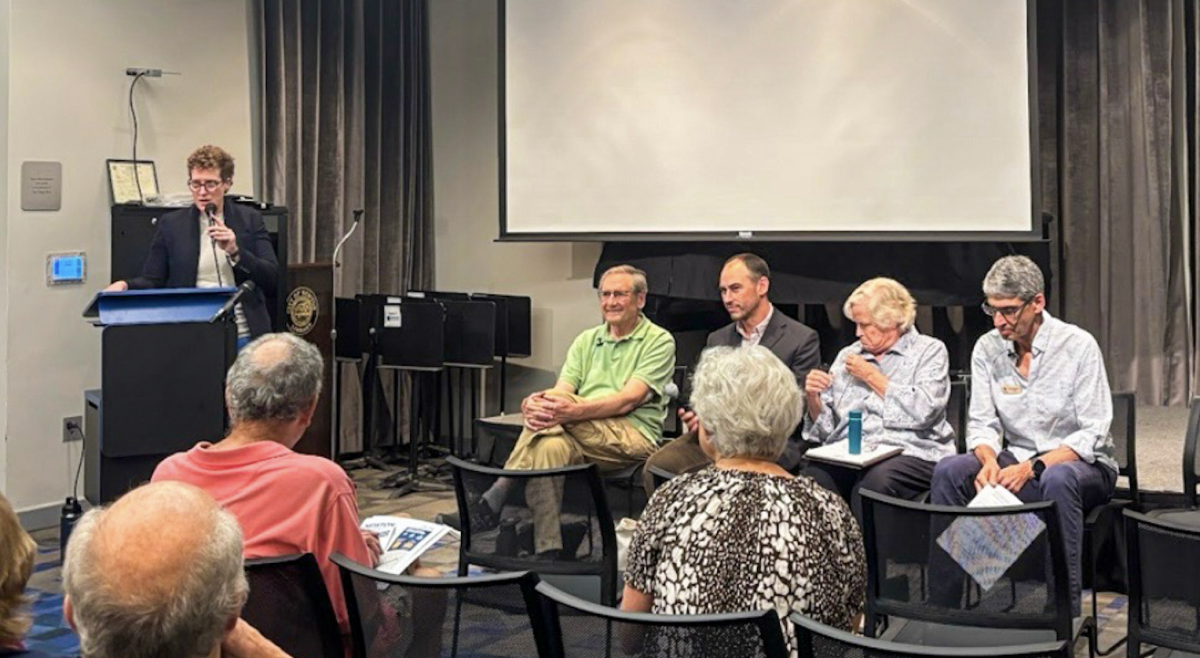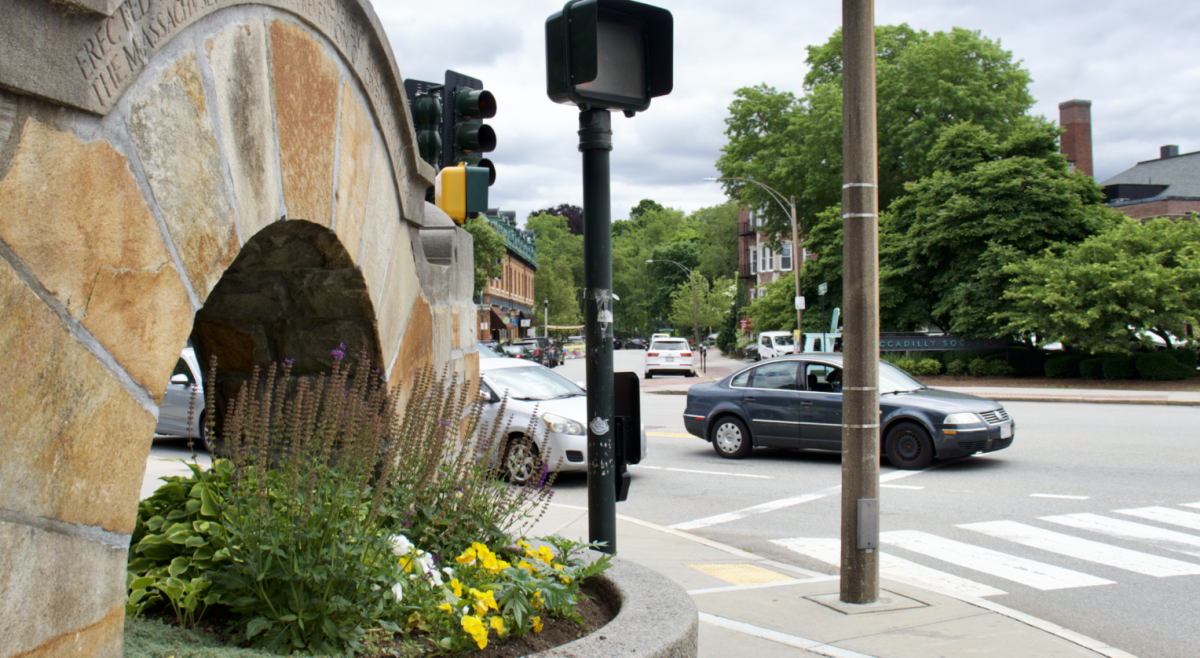The Newton Programs and Services Committee proposed new measures for rodent control in Newton, including stricter anti-rodent regulations on construction projects and the introduction of ContraPest, a bait that causes infertility in rodents, during a committee meeting on Sept. 22.
Jonathan Yeo, chief operating officer of Newton, said that there has been an increase in media attention about the rise in rat sightings in Boston suburbs in the past few years.
Yeo said the city plans to use ContraPest, a non-lethal solution that targets rat populations, to reduce their fertility. The city is currently using ContraPest on Newton properties with a high number of rat sightings, including Forte Park, Pellegrini Park, Stearns Park, Boyd Park, Coletti-Magni Park, Upper Falls Greenway, Homer Street, and River Street Playground, according to Yeo.
The city will opt for pest control management through multiple methods that do not involve poisons to prevent secondary effects, according to Yeo.
“Again, we are trying to prevent the secondary impacts,” Yeo said. “I think we all saw earlier this year what I think was a second bald eagle that died as a result of eating different animals that probably had rat poison.”
Currently, the Newton Health and Human Services Department works with residents and businesses, while the Public Buildings Department works with city-owned buildings to combat rat infestations, Yeo said.
Yeo also discussed the city’s new plans for rodent control, which were first outlined in August in a community update from Mayor Ruthanne Fuller. The plan involves requiring rodent control inspections or services for every full property demolition permit and construction projects that involve excavation, while in the past these requirements only applied to large projects.
The city is contacting all owners and contractors of any ongoing projects regarding the new regulations as well, Yeo said.
According to Marie Lawlor, who provides legal advice to Newton, the state law provides multiple legal grounds for the city to enforce rodent control measures.
State public health statutes allow the commissioner of public health to issue an abatement order if the rodent population at the property threatens public health, Lawlor said. If the individual, company, or organization fails to correct the situation, the city can fine the person or group for public nuisance. Similarly, the commissioner can put a stop-work order on a project if the developer fails to comply with rodent control requirements.
“The State Building Code carries a $1,000 per day fine attached to it,” Lawlor said. “But the worst of it is, as you know, that for a developer time is money. If the developer can’t work on the project, that is going to get the developer’s attention.”
In addition to discussing rodent control measures, the committee placed on hold its planned discussion of a COVID-19 vaccination mandate on all city employees as there are still ongoing bargains, Newton City Councilor Josh Krintzman said.
Featured Image Courtesy of Wikimedia Commons













